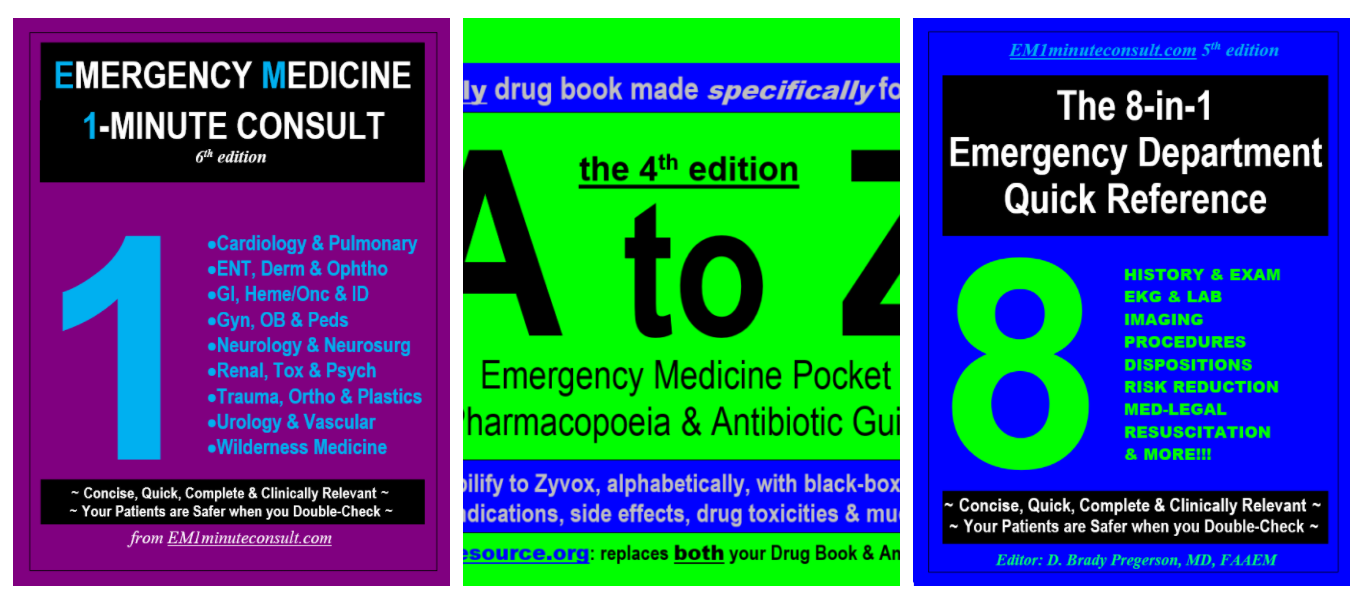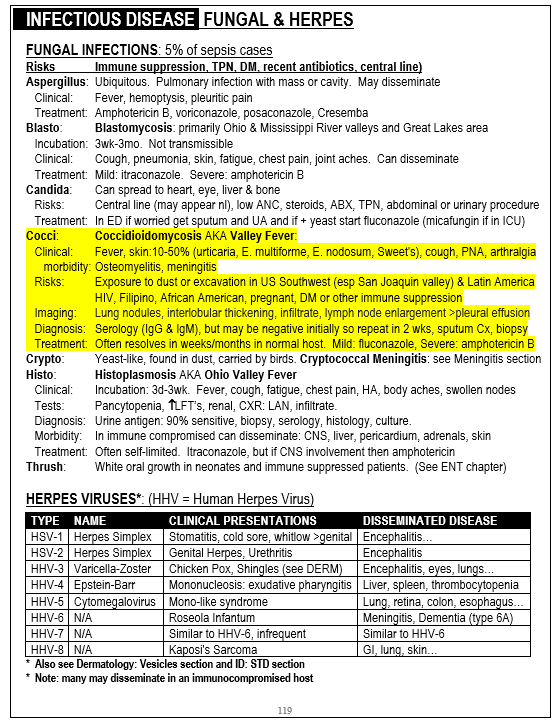History of Present Illness:
A woman in her 70s with a history of dementia is signed out to you after 120 hours in the ED waiting for Geri-psych placement. You are told she is medically cleared and they are hoping to get her a bed later that day. You hear her occasionally screaming and joke/ask the nurse if she needs anything. You are told “she has been doing that for days” but she is delirious and “you just have to ignore her.”
Vital Signs & Physical Exam:
Vital signs are normal except for a BP of 161/99. Physical exam is notable for her being agitated and tangential, but non-focal. Her mouth looks a bit dry. Her breakfast tray looks untouched. When you ask if she is hungry, she replied “The food here stinks!”
Initial Diagnostic Testing:
- CBC: normal
- Chem 7: normal except for glucose 131
- Imaging: CT head normal. CXR normal.
- UA: 10 WBC, few bacteria
What should you do?
- A) Wait for her to get placed and/or sign her out after your shift
- B) Repeat labs as it has been 4 days
- C) Give antibiotics and check urine culture
- D) Sedate her
SCROLL DOWN FOR ANSWERS & 1-MINUTE CONSULT
<<<<<<<<<<<<<<<<<<<<< ADVERTISEMENT & SPACER >>>>>>>>>>>>>>>>>>>>>
****************************************************************************
THE EMERGENCY MEDICINE POCKETBOOK TRIFECTA

Get one of our publications, all designed specifically for Emergency Care Providers:
Emergency Medicine 1-Minute Consult, 5th edition
A-to-Z EM Pharmacopoeia & Antibiotic Guide, NEW 5th edition
8-in-1 Emergency Department Quick Reference, 5th edition
******************************************************************************
***************************************************************************
<<<<<<<<<<<<<<<<<<<<<<<<< END SPACER >>>>>>>>>>>>>>>>>>>>>>>>>
ANSWER:
- A) HSV: only about 50% of cases have a high RBC count
- B) Cocci: CORRECT – causes pneumonia (easy to treat) and meningitis, (hard to treat). More common in immune compromised patients, including DM
- C) Crypto: doesn’t usually cause pneumonia and rare outside HIV
- D) TB: can cause lung and CNS disease but should leave scar on CXR and not typically called “fungal”
- E) Bacterial: can cause lung and CNS disease but not typically called “fungal”
1-Minute EM Consult on the topic for this case from the Emergency Medicine 1-minute Consult Pocketbook
CLICK HERE TO LEAR MORE ABOUT THIS BOOK
CASE CONCLUSION: given Rocephin, vanco and IV fluconazole all at high doses after decadron and admitted. CSF culture results: Crypto Ag and Cocci Ab in CSF both negative. However CSF Cocci titer is known to be unreliable. A serum titer was positive at 1:8. She improved on IV fluconazole and was transitioned to PO and discharged with ID follow up.
CASE LESSONS:
- History is key. Headache is a common additional symptom that is not usually that important to dig into, but sometimes it is.
- If when you enter a room the patient keeps there eyes closed or face covered, it could be drama or a migraine but always consider more dangerous reasons such as meningitis or even vertigo from a stroke.

